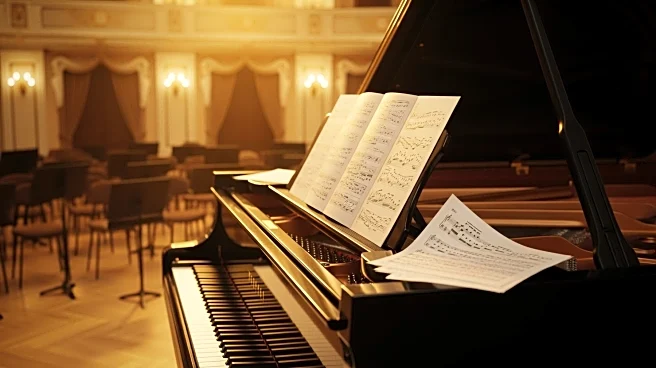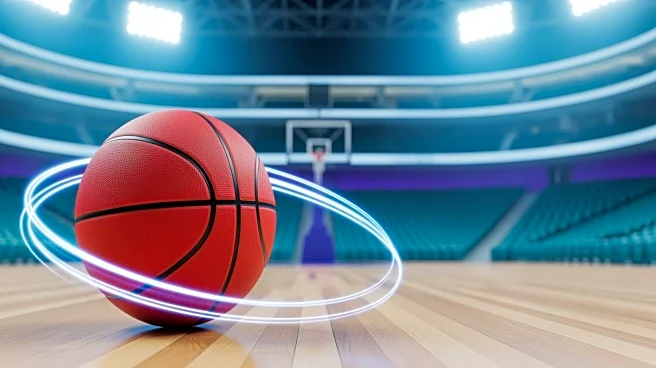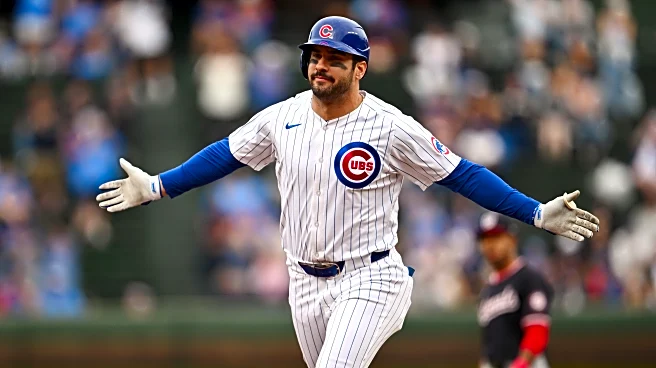What's Happening?
Rachmaninoff's Piano Concerto No.2 is celebrated for its technical brilliance and emotional depth, marking a significant recovery from the composer's personal struggles. After a disastrous premiere of his Symphony No.1, Rachmaninoff fell into depression
and faced a creative block. With the help of Dr. Nikolai Dahl, a neurologist who used hypnosis, Rachmaninoff regained his confidence and composed the Piano Concerto No.2, which premiered in 1901 to critical acclaim. This piece has since become a staple in classical music, featured in films and popular songs, and is known for its rich romanticism and timeless melodies.
Why It's Important?
Rachmaninoff's Piano Concerto No.2 represents a triumph of self-belief over self-doubt, illustrating the profound impact of psychological recovery on creative output. The concerto's success not only restored Rachmaninoff's career but also contributed significantly to the classical music repertoire. Its influence extends beyond classical music, permeating popular culture through films and songs. The story of Rachmaninoff's recovery and subsequent success underscores the importance of mental health support in overcoming creative blocks, offering inspiration to artists and individuals facing similar challenges.
















